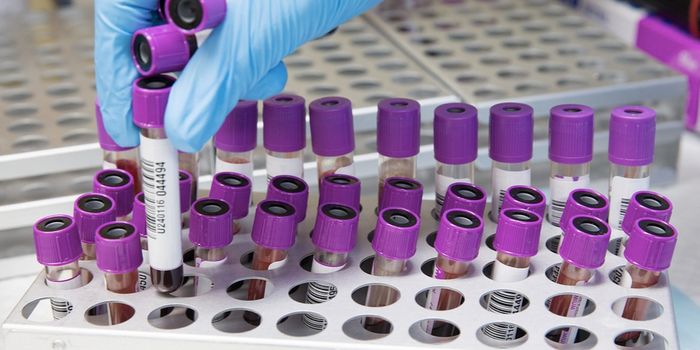Cancer and the risk of AFib
Research presented at the American College of Cardiology's Annual Scientific Session Together with World Congress of Cardiology (ACC.20/WCC) suggests that people who have had cancer have a higher risk of developing atrial fibrillation. Atrial fibrillation, known more colloquially as AFib, is the most common heart rhythm disorder.
The hearts of people who have AFib don’t keep rhythm correctly, which can result in people experiencing palpitations, fatigue and dizzy spells. If people do not receive treatment, AFib can ultimately cause blood clots, putting individuals at five times the risk for stroke and heart failure.
The research signals that people who have had a prostate cancer diagnosis are at the highest risk of developing AFib, followed by people who have had colon, lung, and breast cancers.
"When we looked at everyone with some form of AFib, those with certain types of cancer were more likely to have heart rhythm abnormalities, and this trend persisted even after accounting for other cardiovascular risk factors and disease," said Muhammad Khan, MD, a resident at St. Mary Medical Center in Langhorne, Pennsylvania, and the study's lead author. "We found 2.3-fold increased odds of having AFib with all cancers studied. There was a greater than 50% increased risk of AFib in prostate, colon, and lung cancer patients. Of these three, those with prostate cancer had the highest risk of AFib."
The researchers were interested in what aspects of specific cancers made people more susceptible to AFib when compared to other cancers. They analyzed data from 143 million adults in the US to determine the rate of coexistence between AFib and certain cancers.
"For example, these cancers may be associated with higher mortality due to circulating pro-coagulants and greater systemic inflammation, but this relationship has yet to be studied," he said. "Based on our findings, certain patients should be considered at higher risk of AFib and may benefit from cardiac evaluation and appropriate treatments, whether it be with medication or ablative techniques, to help improve the survival rates in the long-term."
While the researchers say they do not understand exactly why prostate cancer showed a particular link to a higher risk for AFib, Khan hypothesizes that it might have to do with age. "The mean age of prostate cancer diagnosis and AFib is around the same--generally 66 years--so there may be a correlation between the two due to the similar age of onset. Given the older age of onset, these patients tend to have more comorbidities that may contribute to them developing AFib," Khan said.
Khan and his colleagues plan to continue their research in order to improve general understanding between the link that certain cancers have with AFib. They hope their findings will improve AFib treatment in the future and even prevent new cases.
Sources: Eureka Alert, ACC









